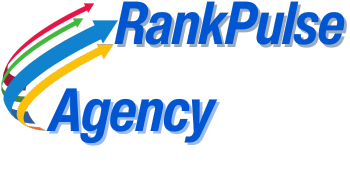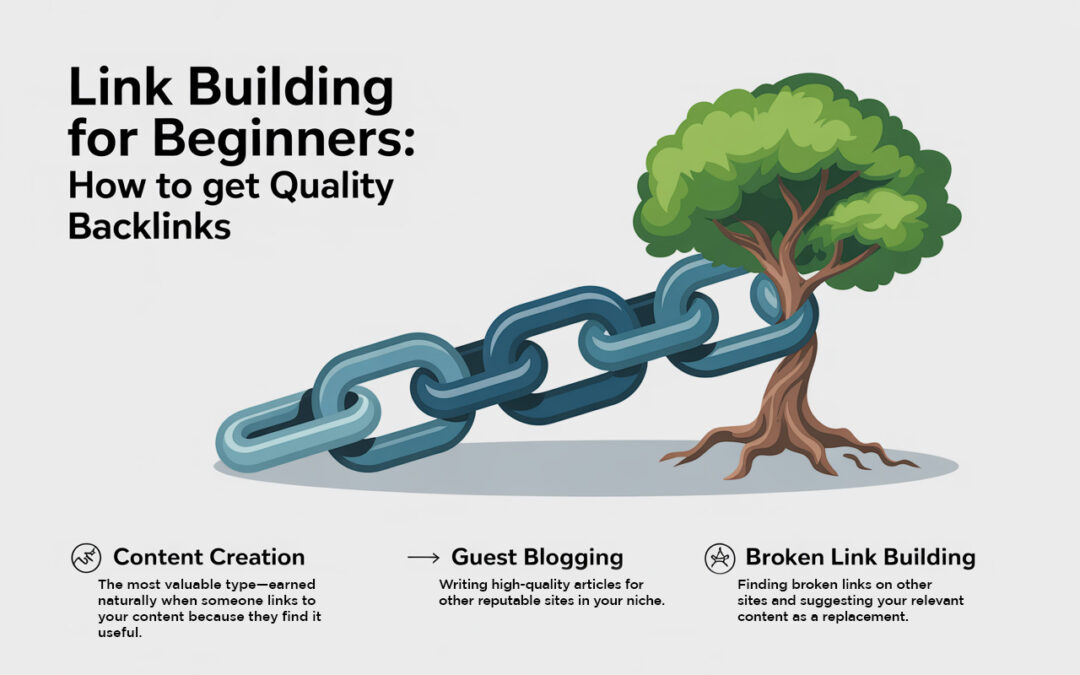Why Link Building Still Matters
Backlinks remain one of Google’s strongest ranking factors. Think of each backlink as a vote of confidence from one site to another. When reputable sites link to your content, Google sees it as a signal that your page is trustworthy and valuable.
However, not all links are created equal. High-quality links can boost your rankings and traffic, while low-quality, spammy links can trigger penalties that harm your site’s visibility. That’s why it’s essential to understand what makes a backlink valuable and how to earn them ethically.
The Concept of Backlinks and Link Equity
A backlink is simply a hyperlink from another website to yours.
What matters most is link equity—the value or authority passed from one page to another.
Google treats backlinks as part of its PageRank algorithm:
-
Links from authoritative, relevant sources carry more weight.
-
A page with many high-quality links signals trustworthiness and relevance.
-
On the other hand, manipulative link schemes (buying bulk links, link farms) can lead to penalties.
Types of Backlinks
Understanding the different types of backlinks will help you focus on the ones that truly matter:
-
Editorial / Natural Links:
The most valuable type—earned naturally when someone links to your content because they find it useful. -
Guest Posts / Contributed Content:
Writing high-quality articles for other reputable sites in your niche. -
Directory / Local Citations:
Listings in legitimate business directories and local citation sites—especially important for local SEO. -
Forum / Comment Links (Caution):
Sometimes helpful for niche engagement, but often overused and spammy. Avoid excessive comment links. -
Resource Page Links:
Being included in curated resource lists on reputable websites. -
Broken / Dead Link Replacement:
Finding broken links on other sites and suggesting your relevant content as a replacement.
Assessing Link Quality
Not all backlinks bring the same value. A few high-quality links can outperform hundreds of low-quality ones.
Key factors to evaluate:
-
Domain Authority / Trust Metrics:
Tools like Ahrefs, Moz, or SEMrush score a site’s authority. Higher scores often mean better link value. -
Relevance:
Links from sites in your industry or niche carry more weight than those from unrelated topics. -
Anchor Text Diversity:
Use a mix of branded, naked (URL only), partial-match, and generic anchors. Avoid over-optimizing with exact-match keywords. -
Link Placement:
Links placed contextually within the content are stronger than those buried in sidebars or footers. -
DoFollow vs. NoFollow:
A DoFollow link passes link equity, while NoFollow usually doesn’t—yet NoFollow links can still bring referral traffic and show natural diversity in your backlink profile.

Basic Link Building Strategies
Here are some beginner-friendly tactics that set the foundation for more advanced link-building campaigns:
1. Guest Blogging
Reach out to reputable blogs in your industry and offer valuable, original articles.
Focus on:
-
Providing unique insights
-
Linking back to your content naturally
-
Building long-term relationships with publishers
2. Local Business Directories & Citation Cleanup
For local businesses, make sure your name, address, and phone number (NAP) are consistent across all directories.
Examples include:
-
Google Business Profile
-
Yelp
-
Industry-specific directories
3. HARO (Help a Reporter Out) & Media Queries
Sign up for platforms like HARO to provide expert quotes for journalists and bloggers.
These opportunities often result in high-authority editorial links.
4. Skyscraper Technique
-
Identify top-performing content in your niche.
-
Create a better, more comprehensive version.
-
Promote it to the sites that linked to the original.
5. Broken Link Building
-
Find broken outbound links on relevant sites using tools like Ahrefs or Screaming Frog.
-
Reach out to the site owner and suggest replacing the dead link with your live, relevant resource.
Link Building Best Practices: Successful Outreach
The key to successful link building lies in your outreach approach.
-
Personalize Your Emails:
Reference specific articles or points that show you’ve done your homework. -
Compelling Subject Lines:
Short, relevant, and intriguing—make it clear why the recipient should open your email. -
Value Proposition:
Explain how your link or content benefits their audience. -
Follow Up Tactfully:
One or two polite reminders are fine, but avoid being pushy or spammy.
Monitoring & Maintaining Backlinks
Building links is only half the work—you must also monitor and maintain them.
-
Use Tools:
Track your backlink profile with tools like Ahrefs, Moz, SEMrush, or Google Search Console. -
Audit Regularly:
Identify and disavow toxic links that could hurt your rankings. -
Reclaim Lost Links:
Sometimes links get removed or pages go offline. Reach out to reclaim them.
Link Building Mistakes to Avoid
These common mistakes can harm your rankings and reputation:
-
Buying bulk links or using PBNs (Private Blog Networks)
-
Over-optimizing with exact-match anchors
-
Submitting to irrelevant or low-quality directories
-
Using one-size-fits-all outreach templates
-
Ignoring link profile diversity
Measuring Success
Track the right metrics to understand your progress and ROI:
-
Referring Domains:
The number of unique websites linking to you. -
Link Growth Rate:
Are you steadily gaining quality links month by month? -
Domain Diversity:
A broad mix of linking domains is more valuable than many links from the same site. -
Impact on Rankings & Traffic:
Correlate your link acquisition with improvements in search rankings and organic traffic.
Conclusion & Next Steps
Link Building 101
Explore our On-Page SEO Guide for a better site ranking foundation
Link Quality
Focusing on quality over quantity of links and following white-hat techniques will keep your rankings safe and growing.
Digital PR
As you progress, explore advanced strategies like digital PR, influencer collaborations, and creating link-worthy authority content.
Asset Quality
Above all, map your link-building efforts to specific content assets—guides, case studies, tools, and resources that genuinely deserve links.

